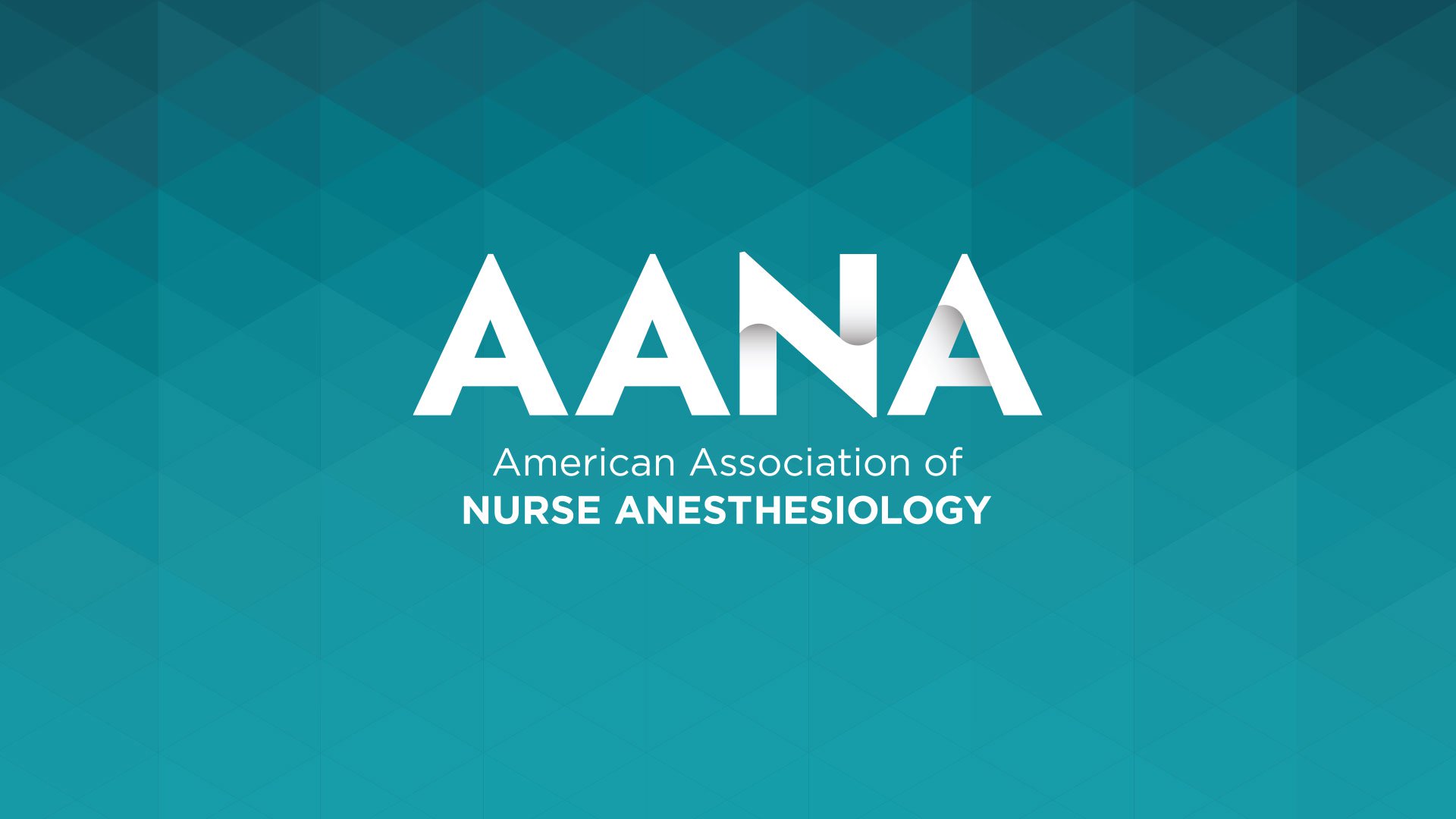
Grade 1 View is a new podcast FOR future CRNAs, BY future CRNAs!
Hosted by a team of first-, second-, and third-years, Grade 1 View explores a variety of issues relevant to aspiring CRNAs/nurse anesthesiologists, from work-life balance to exam prep and more!


